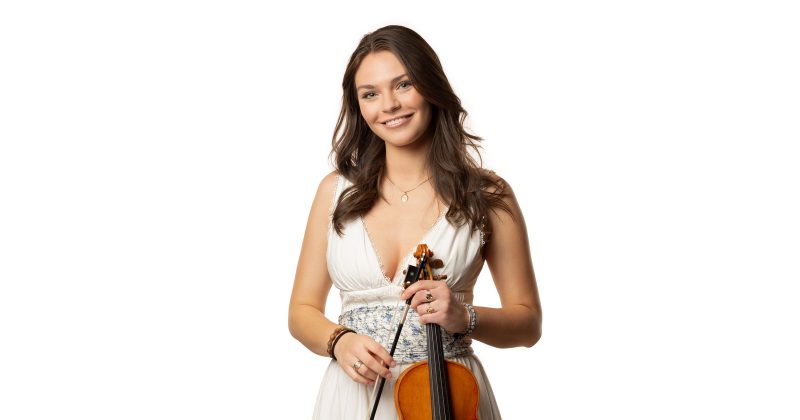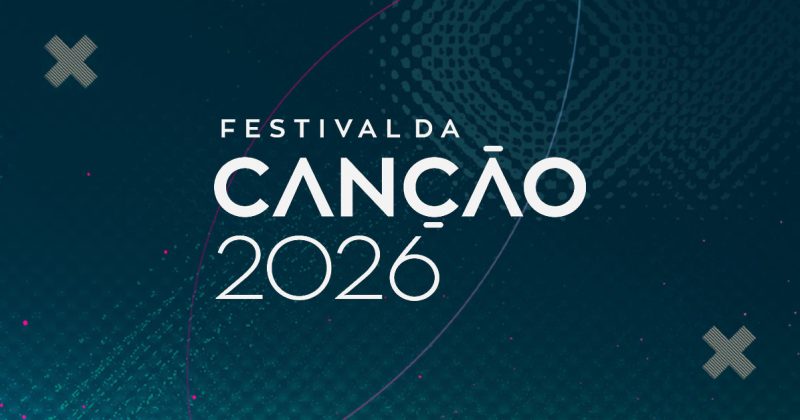
Iceland nears a decision on Eurovision 2026 participation as sweeping voting reforms might lead its national broadcaster to withdraw its boycott pledge if Israel remains part of the competition.
The Icelandic national broadcaster RÚV released a statement from its Director General, Stefán Eiríksson, regarding the Eurovision law reform:
“This is clearly a step in the right direction”.
Eiríksson appears to welcome the changes, viewing them as a constructive response to criticism surrounding last year’s contest—mainly regarding Israel’s participation. He expressed optimism about the new rules, while hinting that RÚV is still carefully assessing the overall situation.
Iceland Slowly Returns, Politics Still Hold the Stage
This position marks a stark contrast to that of countries opposing Israel’s participation, which expressed strong dissatisfaction with the EBU’s announcement of a major Eurovision 2026 voting system reform. The turnaround – intended to rebuild public trust by strengthening the influence of professional juries who withheld votes from Israel over the past two years – was published on RÚV’s official website. It signals a noticeable shift in Iceland’s stance on participation and may encourage other countries to withdraw their boycott threats. If fully approved, the changes are expected to take effect in the upcoming year, raising hopes for renewed trust among viewers and artists alike.
The Eurovision 2026 reform brings back jury panels to the semi-final rounds. In recent years, Israel received drastically different results between the public vote and the professional jury – with the public giving it first place, while judges ranked it much lower. The updated 2026 format reinstates jury votes in the semi-finals and introduces a new limit – each viewer can cast up to ten votes only. The move aims to rebalance jury influence on the final outcome, after two years in which juries consistently avoided voting for Israel.
These policy changes follow RÚV’s earlier declaration that it would boycott the competition if Israel participated. Last month, the broadcaster even postponed the deadline for its national selection submissions. As known, on December 4th, the European Broadcasting Union is expected to hold a decisive discussion on Israel’s participation in Eurovision 2026. Despite ongoing protests and political pressure calling for Israel’s removal, the likelihood of expulsion has recently decreased—largely due to the ceasefire and the push for broader consensus among member countries. For now, the union has not confirmed whether a formal vote will take place. The topic could fade within the meeting itself or be moved to an online vote later, depending on the tone of discussion and positions presented.
Iceland in Eurovision 2025
“Róa” is the name of the song performed by the duo Væb, who represented Iceland at Eurovision 2025. Iceland advanced to the grand final after ranking sixth in the first semi-final with 97 points. In the grand final, Iceland finished in 25th place with 33 points,all from the public voting, placing them 17th, while the juries ranked them last with 0 points.
This year, Iceland participated in the grand final after two years of failing to qualify. In 2023, Diljá failed to advance to the final with her song “Power”. In 2024, Hera Björk placed last in the first semi-final with the song “Scared Of Heights”.
Eurovision 2025: This was Iceland’s 37th participation in Eurovision. Iceland joined the competition in 1986 and achieved its best result in Eurovision 1999 and Eurovision 2009 after finishing second twice.

Email: [email protected]
Phone: +972-50-9441919
Ilay Gaist is a leading Israeli content creator and writer specializing in the Eurovision Song Contest. He is a well-known commentator with extensive expertise in the contest’s history, rules, and dynamics. His passion for Eurovision drives him to deliver rich, professional, and innovative content to his audience.
Ilay holds a bachelor’s degree in Arabic and has a multilingual background. He also engages in cultural research, with a particular focus on global culinary traditions and the evolution of local cuisines around the world.






